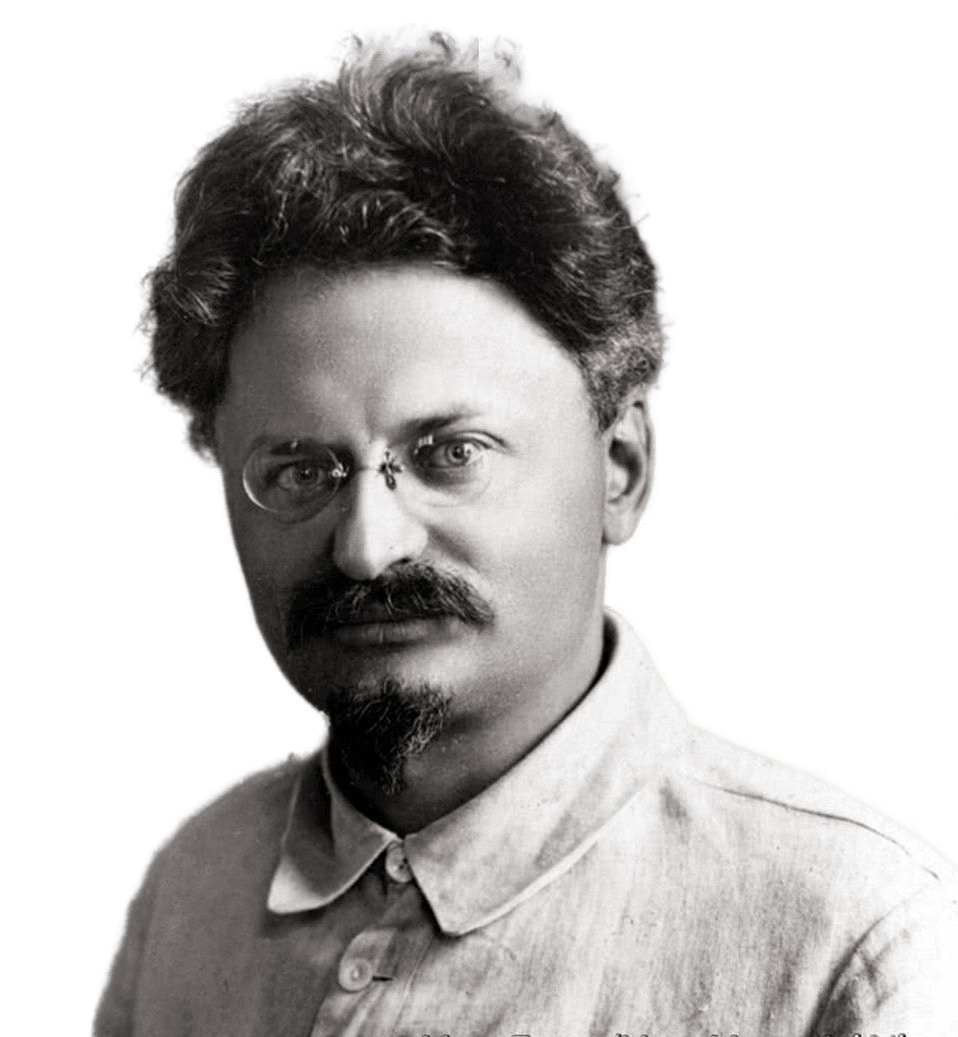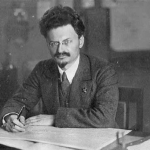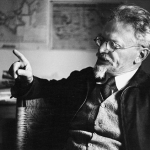
16.12.2022
During 1921, the Civil War generally came to an end. On March 18, 1921 the Treaty of Riga was signed, ending the Soviet-Polish war of 1920-1921. Destroyed the center of anti-Bolshevik resistance in the Crimea.
After the announcement of the replacement of Prodrazverstka with Prodnalog, peasant uprisings began to decline. In the Far East in April 1920 was formed a puppet FAR, a “buffer” between the Bolsheviks and the Japanese invaders in Vladivostok.
At the same time, from July 1921 Lenin’s health began to noticeably deteriorate. Trotsky notes in his memoirs that the particular deterioration began on December 7, 1921. May 25, 1922Lenin’s deteriorating health and the virtual end of the Civil War brought to the forefront the question of power,
On April 3, 1922, at the suggestion of Kamenev and Zinoviev, the post of General Secretary of the Central Committee of the RCP(b) was established, to which Stalin was appointed at their suggestion. Initially, this position was understood as a technical and therefore did not interest Trotsky in any way, and under the head of state was understood the Chairman of the Council of People’s Commissars. Stalin actually headed a number of such “technical” organs of the Central Committee: the Secretariat of the Central Committee, the Orgbureau of the Central Committee, was a member of the Politburo, and headed the main Soviet supervisory body, the Rabkrin. Stalin also promoted his supporter Kuibyshev to the post of head of the main Party control body, the Central Control Commission (CCC). In this way Stalin managed to head the “technical” state apparatus just at a time of particularly dramatic growth of his influence.
Richard Pipes notes that the tremendous growth of the bureaucracy in the early 1920s was predetermined. At least since December 1917, the Bolsheviks set out on a course of general governmentalization of the economy and the elimination of local government, which, multiplied by the enormous size of Russia, caused a tremendous growth of the state apparatus, which took on many functions in the execution of which the state had not interfered before the revolution. This process is discussed in detail by the researcher Mikhail Voslensky in his seminal work “Nomenklatura”. M.S. Voslensky notes that with the end of the Civil War, the ruling Communist Party was flooded with a mass of “pushy careerists,” each of whom individually Lenin could have shot, exiled, or imprisoned, “but all together they were irresistible. The strengthening of the party bureaucracy was superimposed on a general fatigue of the population from the protracted war (in Trotsky’s words, the prevailing sentiment was “not we for the revolution, but now the revolution is for us”).
During 1922 Lenin managed to get back to work for a while. He personally intervened in a heated discussion of the national question, criticizing Stalin’s plan for the “autonomization” of the RSFSR. Stating to Stalin that “the russified foreigners often oversold the true Russian sentiment,” Lenin put forward a plan to organize the USSR as a union of union republics. Also in 1922, Lenin invited Trotsky to become one of the four deputies of the Presovnarkom; all members of the Politburo – all except Trotsky himself, dissatisfied with such a minor, in his opinion, appointment, voted for the resolution proposed by Lenin.
After his temporary return to work in 1922, Lenin was struck by the rapid process of building the state apparatus that had unfolded since the end of the Civil War: during Lenin’s illness, the Sovnarkom had managed to form 120 new commissions, whereas, by Lenin’s calculations, 16 should have been enough. In January 1923, Lenin wrote a program article, “How We Should Reorganize the Rabkrin,” in which he tried to make this body a counterweight to the growing bureaucracy. According to Richard Pipes, Lenin was experiencing his first stroke.
As Trotsky himself later claimed, in December 1922-January 1923 their positions with Lenin again converged on the monopoly of foreign trade, the national-administrative structure of the USSR (the project of “union republics” against the project of “autonomization of the RSFSR”) and the struggle against the strengthening of the bureaucracy. Lenin’s plan “to fight the bureaucracy” consisted of
expanding the Central Committee several times, strengthening the control body – the Workers and Peasants Inspection (Rabkrin), the formation of the Central Committee Commission to combat bureaucracy. The measures Lenin proposed were formally carried out by the “troika” of Zinoviev-Kamenev-Stalin: the Central Committee was expanded from 27 to 40 people (instead of the 50-100 people Lenin proposed), but the various supervisory bodies (Rabkrin, Central Committee, etc.) did not achieve any success in combating bureaucracy. According to the results of the XII Congress of the RCP(b), held in April 1923, Rabkrin was merged with the CCC, headed by pro-Stalin Kuibyshev. According to Lenin’s proposals, workers “from the machine-tool” were indeed introduced into the Rabkrin, but they comprised only a third of the members of this supervisory body.




